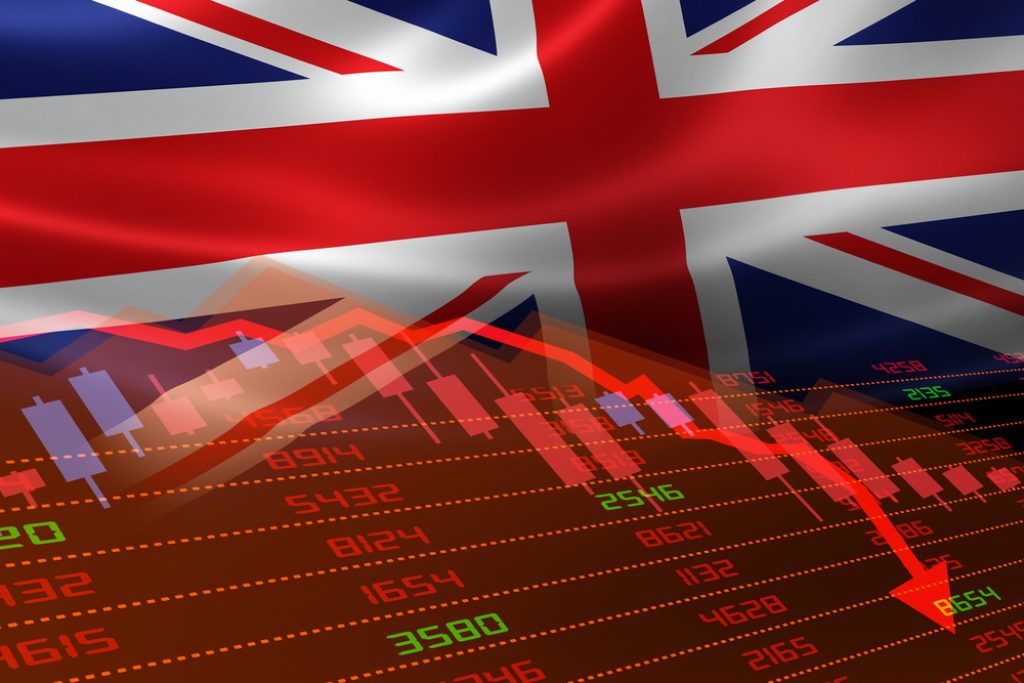The Bestinvest Spot the Dog report is the firm’s bi-annual name-and-shame list of seriously underperforming funds available to UK investors.
‘Dog’ funds are those that fail to beat their relevant benchmark over three consecutive 12-month periods and by 5% or more over the full three years analysed (to 31 December 2023).
It covers unit trusts and open-ended investment companies (OEICs) from a number of Investment Association equity sectors. It doesn’t include investment trusts or investment companies due to their discount and premium mechanisms.
Running for over three decades, the latest edition includes 151 consistently poorly performing equity funds holding £95.3bn of investors’ wealth.
These figures have nearly tripled from the 56 highlighted just six months ago and, by asset value, hold more than double the £46.2bn since the last Spot the Dog report published in August 2023.

Why Life Insurance Still Matters – Even During a Cost-of-Living Crisis
Sponsored by Post Office
The global sector had the highest number of funds in the dog house (49), which doubled from August’s report. Bestinvest said almost half the global funds in the list focus on sustainable investing, so they weren’t exposed to the strong performance of oil and gas shares in 2021 and 2022 when prices rocketed post-pandemic and following Russia’s invasion of Ukraine.
Further, the last three years were also a tough period for renewable energy companies, with the MSCI Global Alternative Energy Index declining for three years in succession.
Over the last three calendar years, the best-performing global industry sector has been energy shares, with the MSCI World Energy Index delivering a total return of 125%, well ahead of the MSCI World Index total return of 38%.
Bestinvest revealed a rise in the number of UK funds featured this time round, with 34 funds holding £12bn of investors’ wealth – a 253% increase.
Fundsmith in the doghouse for the first time ever
The tough market has also meant that for the first time ever, Terry Smith and Nick Train – respectively managing Fundsmith Equity and WS Lindsell Train UK Equity – have made it onto the list.
Smith, who has delivered stellar returns for investors for 14 years, now appears, owing to his fund not being heavily exposed to the ‘Magnificent Seven’, or holding any energy companies. Bestinvest wrote that, together with the quality bias to his portfolio, the fund has navigated headwinds in the short term.
“However, it is worth noting that both funds have delivered returns significantly ahead of their relevant indices over the longer term,” the firm wrote.
Nonetheless, Fundsmith is the largest fund with £23.4bn of investor cash, while regular St. James’s Place continues to make the list with £18.5bn split across three dog funds (the SJP Global Quality, St James’s Place International Equity and St James’s Global Emerging Markets). However, this is down on the six highlighted last time holding £29.3bn.
Meanwhile, Columbia Threadneedle had the highest number of dog funds, with nine in the kennel. A third were geared towards sustainability, with the overall amount held by value standing at £3.3bn.
On the flip side, Royal London gets a shoutout for not having a single serially underperforming fund.
Elsewhere, Fidelity International has seven funds on the latest list, holding £6.78bn of assets, split between Asian, Japanese and sustainable funds.
And HBOS/Schroders/Scottish Widows, part of Lloyds Banking Group, also get a mention with three funds included in Spot the Dog – Halifax Special Situations fund, Scottish Widows European Select Growth and Scottish Widows UK Growth.
Are dog funds a signal to sell?
Jason Hollands, managing director of Bestinvest, said Spot the Dog isn’t a ‘sell’ list but a prompt to check on your investments and, if any have underperformed recently, to understand why and consider their prospects.
He said: “These last three years have been one of the most challenging periods in living memory for fund managers to consistently beat markets, because of sharply divergent performance from different sectors as the world reopened from the pandemic, followed by a war in Europe and, more recently, excitement about artificial intelligence (AI) driving extreme market concentration in a small cluster of mega-sized companies.
“When two of the most widely held funds are included in the list, run by respected managers, it is important to explore why this may have happened.
“Since inception in November 2010, Fundsmith Equity has delivered a total return of 563%, well ahead of the 351% return from the MSCI World Index over the same period, which is important to put the more recent lag in context. Importantly, the philosophy and process of the fund hasn’t changed, and the manager is sticking to an approach that has served investors incredibly well over the longer term. We much prefer fund managers who are clear and consistent in their approach, rather than prone to reacting to shorter-term factors.”
Hollands added that Nick Train and his team also have a long-term, buy-and-hold approach, backing a highly concentrated portfolio.
“These attributes mean the fund has a strong skew to areas like beverages, personal goods and financial services. It has no exposure to energy, the best-performing part of the UK market over the last three years, when oil prices surged as economies reopened following the pandemic and war broke out between Russia and Ukraine. While this has hampered relative performance over the last three years, since launch in 2006 the fund has returned 404%, well ahead of the 148% return from the MSCI UK Index,” he said.
He added: “When you invest in funds that either screen out certain types of companies, for example due to sustainable or ethical criteria, or where managers are prepared to take a high conviction approach that is unconstrained from following a market index, this can result in significant differences in performance from the market benchmarks, leading to periods of both underperformance but outperformance too.”




